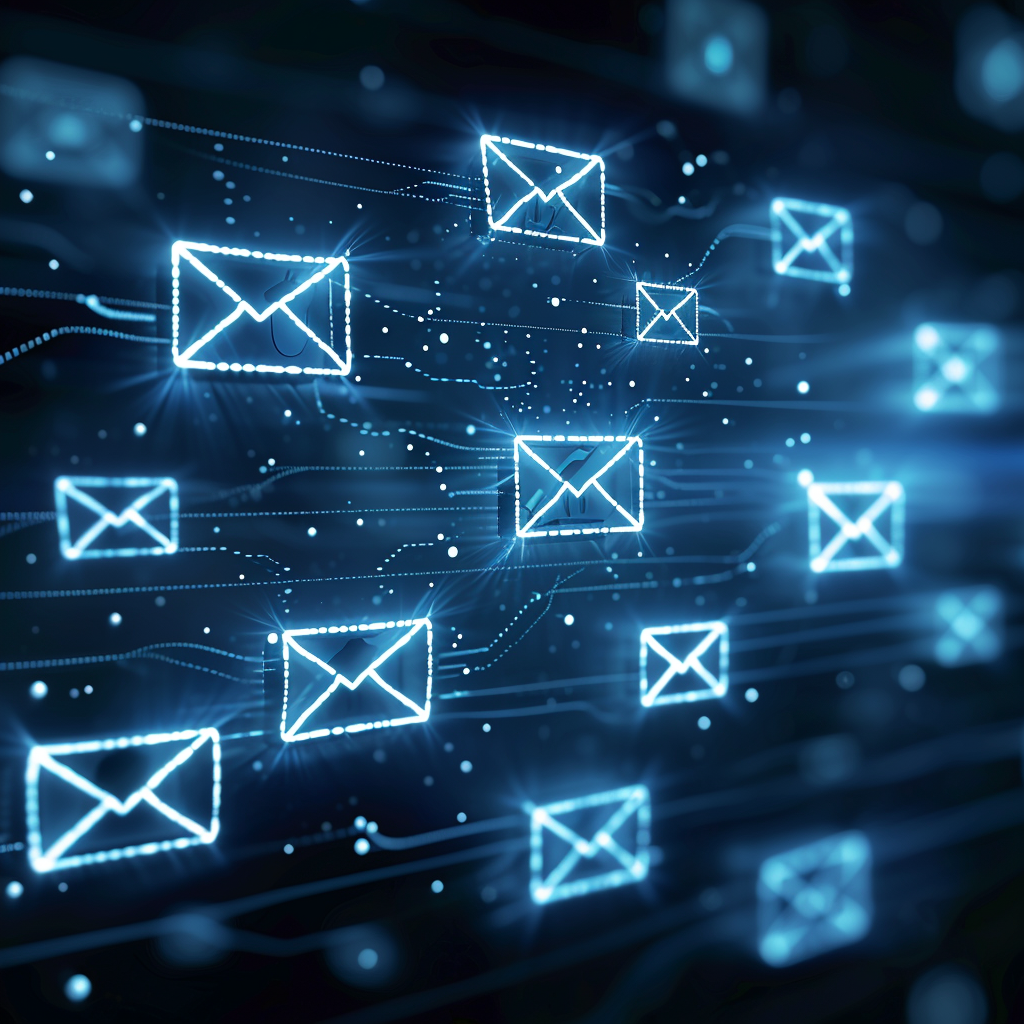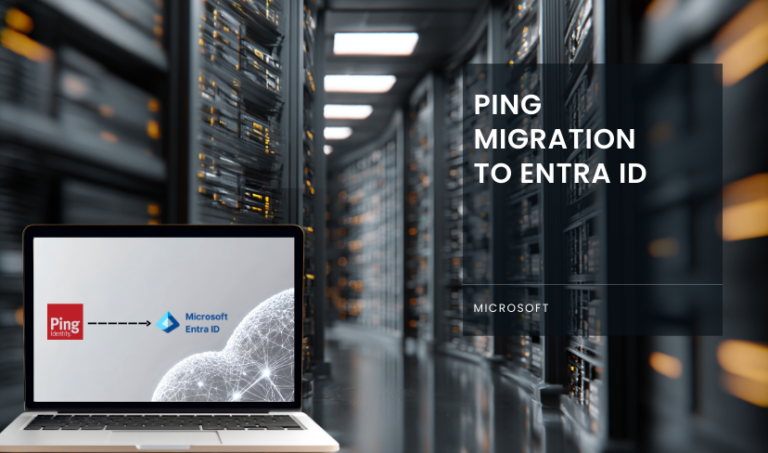1. Conduct a thorough audit: Identify all legitimate sources sending emails from your domain, including third-party services, marketing platforms, and internal systems. This audit will help you create a comprehensive list of authorised senders.
2. Implement DMARC monitoring: Set up DMARC monitoring to receive aggregate and forensic reports, which provide insights into email traffic and authentication failures. These reports are essential for identifying and resolving issues.
3. Gradually tighten your DMARC policy: Start with a “p=none” policy, which enables monitoring without affecting email delivery. Then, incrementally move to “p=quarantine” and finally “p=reject” as you resolve authentication issues and gain confidence in your email ecosystem.
4. Leverage DMARC analysis tools: Utilise specialised DMARC analysis tools or services to streamline the process of interpreting DMARC reports, identifying issues, and implementing necessary changes.
5. Collaborate with stakeholders: Engage with relevant stakeholders, such as marketing teams, IT departments, and third-party service providers, to ensure a coordinated effort in resolving DMARC issues and maintaining compliance.





